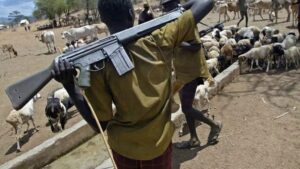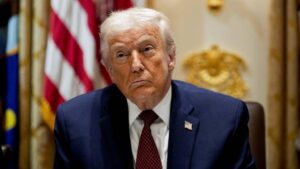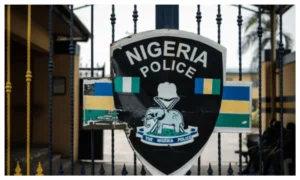As economic hardship worsens, Nigerian youths plan to protest across the country from August 1-10, 2024. The protests, gaining momentum in the North and other regions, aim to draw government attention to citizens’ struggles. Since President Bola Tinubu removed the fuel subsidy in May 2023, life has become harder, leading to calls for policy reversals. On February 9, 2024, angry youths and women protested in Minna and Kano over skyrocketing food prices and essential goods.
On June 12, civil society groups like the Take It Back Movement, Education Rights Campaign, Coalition for Revolution, and Socialist Workers League protested rising living costs, insecurity, and other national issues. Protesters in Southwestern states carried placards with messages like “President Tinubu, let the poor breathe,” “Payment of living wage to all Nigerian workers now,” “End Insecurity,” “Nationalise the power sector,” and “Reverse Fee Hikes Now.”
The August protest is set for all 36 states and the Federal Capital Territory (FCT). While some organizers from the North stay anonymous, Omoyele Sowore, the 2023 presidential candidate of the African Action Congress (AAC), has been promoting the protest on social media. Sowore has led many protests in the past and insists a revolution will start in August, stating, “Nothing Can Stop An Idea Whose Time Has Come.”
A social media flyer titled “End Bad Government in Nigeria 2024” lists 10 government policies causing hardship. The group demands the government end fuel subsidy scams, reduce fuel prices below N300 per liter, lower tertiary education fees, make electricity affordable, reduce import duties, and cut salaries and allowances of Senators and House of Representatives members, among other reforms.
The Nigeria Police Force plans to stop the protest, as revealed in a leaked internal memo. The memo, dated July 8, urges police to be proactive, deploy well-equipped personnel, collaborate with other agencies and the military, secure strategic points, gather intelligence, disperse illegal gatherings, and engage with community leaders.
The planned protest has scared Nigerian officials, especially lawmakers, who fear attacks. The Nigerian Senate recently debated food insecurity and market exploitation, expressing concern over potential attacks by frustrated citizens. Senator Sunday Karimi Steve and Senator Ali Ndume Mohammed sponsored the motion, and former Senate President Ahmed Lawan warned that Nigerians’ patience is running out.
Former lawmaker Shehu Sani advised Senate President Godswill Akpabio to avoid Wuse 2 in the FCT due to ongoing protests. Sani shared his recent encounter with protesters who recognized him and let him pass but warned Akpabio might not be as fortunate.
Labour Party chieftain Kayode Oyeniran believes if the protest happens, government officials may need to hide. He acknowledges public anger over lawmakers’ salaries and allowances and hopes organizers find alternative ways to express grievances. Oyeniran points out that government promises, like the Port Harcourt refinery and CNG vehicles, have not been fulfilled, adding to public frustration.
Goodluck Ibem, President General of the Coalition of South East Youth Leaders (COSEYL), advises youths to focus on farming to combat hunger and food scarcity. He urges them to embrace agriculture instead of seeking white-collar jobs, which are scarce.







